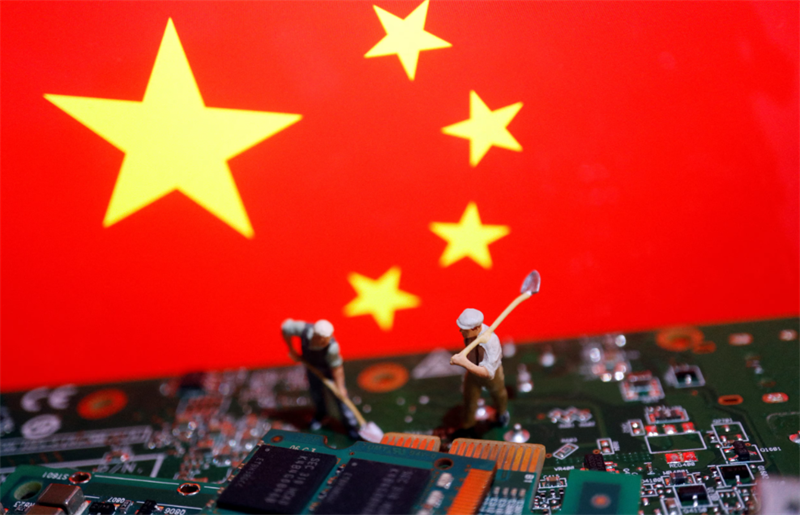Major Chinese automakers—including SAIC Motor, Changan, Great Wall, BYD, Li Auto, and Geely—are preparing to launch vehicles equipped entirely with domestically developed and manufactured chips, according to a report by Nikkei Asia. At least two brands are expected to begin mass production of such vehicles as early as 2026.
The push is part of China's broader goal to achieve 100% self-sufficiency in automotive chips by 2027, a major acceleration from a previously stated target of 25% domestic chip usage. While the 100% target is not mandatory, it serves as a policy framework to encourage alignment with Beijing's national strategy, according to industry insiders.
Automakers are already taking action. Companies like GAC Group are collaborating closely with Chinese foundries such as SMIC and CanSemi to review the entire auto chip supply chain and validate domestic alternatives.
China's Ministry of Industry and Information Technology (MIIT) is reportedly leading the initiative. Initially, fully localized chips will be introduced in new models from a few select brands, with broader adoption expected to follow.

Despite growing momentum, challenges remain. Chinese carmakers continue to rely on foreign chips—especially for advanced applications like autonomous driving. Suppliers noted that clients acknowledge the difficulty of an immediate shift to fully localized chip solutions. High-end models in particular still depend on chips from companies like NVIDIA and Qualcomm for AI computing and smart cockpit systems.
To mitigate risk and ensure supply, global semiconductor giants including STMicroelectronics, NXP, and Infineon are expanding partnerships with Chinese foundries to bolster production capacity for local carmakers.
Automotive chip testing and certification have traditionally taken years, but Chinese EV makers are now adopting faster, more flexible strategies. By using consumer-grade chips for non-critical systems like infotainment, they've reduced qualification time to as little as 6–9 months, speeding up the integration of domestic solutions.
In a related development, Financial Times reported that XPeng Motors is developing advanced processors for Volkswagen, including an AI-focused “Turing chip” said to outperform offerings from U.S. rivals. The chip aims to power next-generation smart vehicles, and follows Volkswagen's $700 million investment in XPeng in 2023 to co-develop EVs for the Chinese market.
As geopolitical tensions grow and access to foreign chip technology becomes more uncertain, China's automakers are racing to localize key components and reduce dependency, marking a significant shift in the global automotive semiconductor landscape.
+86 191 9627 2716
+86 181 7379 0595
8:30 a.m. to 5:30 p.m., Monday to Friday
